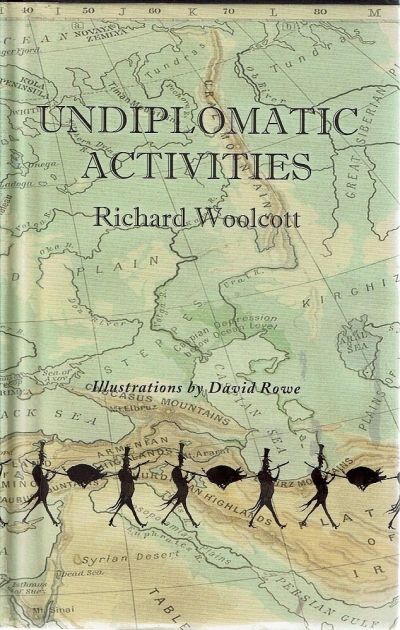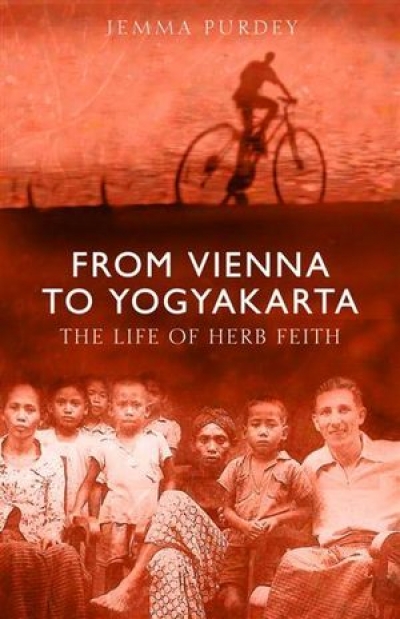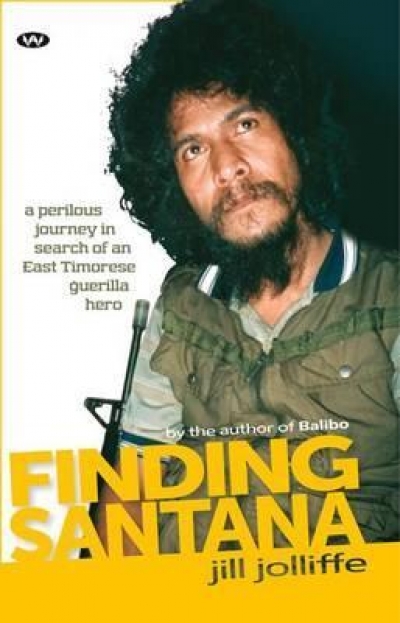Joan Grant

Dr Joan Grant is an academic, book editor and writer. From 1985 she taught a graduate course in contemporary Asian history and politics at Monash University and also from 2001-05 in the Department of Foreign Affairs, Canberra, to young diplomats from Australia and Asia/Africa. In 1990 she became Executive Officer of Monash Asia Institute, where she is now Adjunct Research Associate. She edited the Asian Studies Association of Australia Review and was an editor at Eastern Universities Press (Singapore), and Rigby Publishers, McPhee Gribble, and Sisters Publishing (Melbourne). Her publications include The Australopedia (Penguin/McPhee Gribble, 1988) - the official Children’s book of the Australian Bicentennial, winner of the Children’s Book of the Year Honour Book, 1999 - Worm Eaten Hinges (Hyland House, 1990) - an account of a year teaching in Shanghai during the Tiananmen student revolt - Cat and Fish (Lothian/Hachette, 2003) - winner of the 2004 Australian Children’s Picture Book of the Year award - and Cat and Fish Go to See (2005). Dr Grant has also published articles, book reviews and poetry in a range of newspapers and journals. She has served on the Australia China Council, and on the Boards of Asialink and the Australian Broadcasting Corporation, and on the Council of the Institute of International Affairs, and is currently on the Board of the Asylum Seeker Resource Centre, where she also teaches English and chairs the Policy Committee.
Jamie Mackie’s recent death was a sad reminder of a time when enthusiasm for Asian studies mirrored the Australian government’s developing perception that the future lay in ‘our’ part of the world. The small cohort of academics who initiated these studies were genuine pioneers. For instance, Mackie, in the decades after 1958, became founding Head of Indonesian Studies at Melbourne Universi ... (read more)
On YouTube, the guerrilla fighter Nino Konis Santana is presented Che Guevara style, in fatigues with beret and rifle, against the East Timorese flag. Villagers sing his praises in the local dialect of Lospalos, his remote birthplace. Santana, both a national and a folk hero, holds a revered place in a country which desperately needs unifying symbols. He became the rebels’ operational commander ... (read more)



